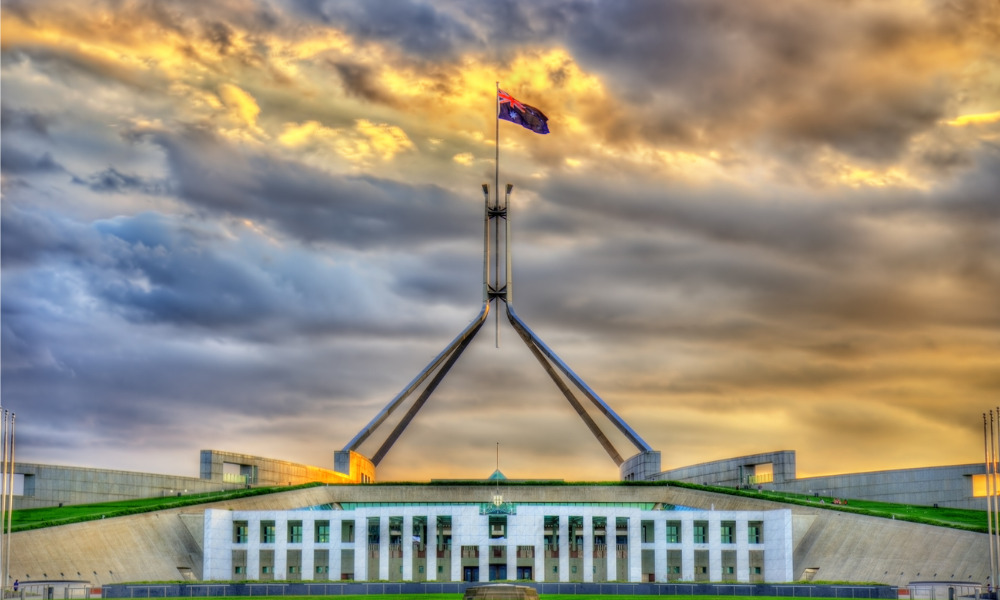
Morrison promises to help businesses stay the course and 'get Australians back into work'

Prime Minister Scott Morrison has denied reports that the federal government will either scale back or completely scrap the JobKeeper wage subsidy program as soon as businesses start recovering from the economic fallout of the COVID-19 crisis.
“We’re six weeks into a six-month program,” Morrison said. “At this stage, the uncertainties about the global economy – let alone our own economy – are still very much there.”
A review of the program, as scheduled in June, could see the Morrison government changing the terms of the wage subsidy, which currently provides workers with a fortnightly payment of $1,500 to weather the financial setbacks posed by the coronavirus pandemic. These changes could come in the form of smaller payouts or an end to the program entirely once the economy gets its bearings.
Morrison, however, warned against getting into speculations. “What people know is that there’s six months of an economic lifeline to the value of $130bn,” he said. “That says to Australians that we will be there for you and we will be there for you to get Australians back into work.”
Under the scheme, the federal government is allocating $19,500 per recipient for six months. But only five million workers have so far been enrolled in the program – one million less than expected.
READ MORE: JobKeeper: 70% of workers from this sector are edged out
JobKeeper is thus $20bn under budget. This opens up the possibility for the Morrison government to switch to a leaner subsidy package similar to the one paid out in New Zealand, where full-time staff are given $585.80 per week and part-time staff $350 per week.
“I need to stress again it was a temporary lifeline put in place to help Australians through the worst of this crisis,” Morrison said last week.
The wage subsidy comes at a “very significant cost, not just to current but to future generations as well,” he said. “It will be there to get us to meet that objective, but it’s not envisaged – never was – to be a longer-term arrangement.”